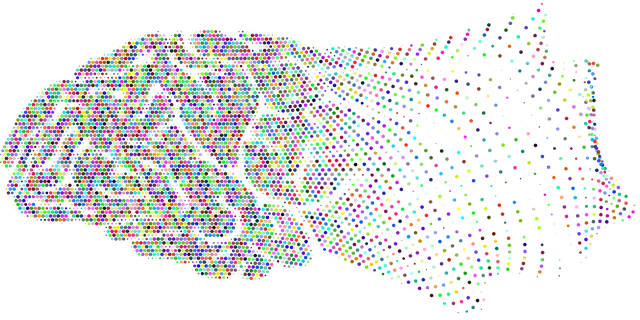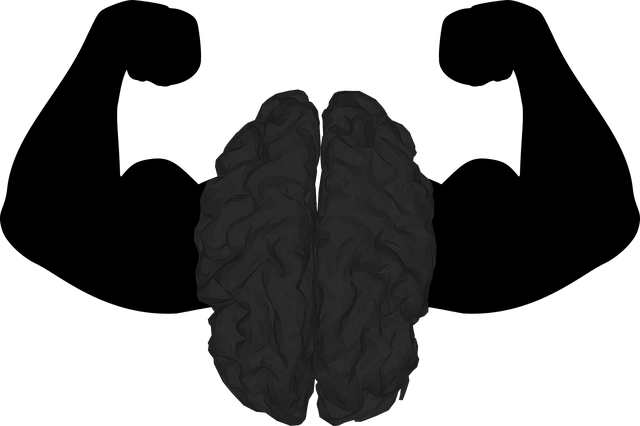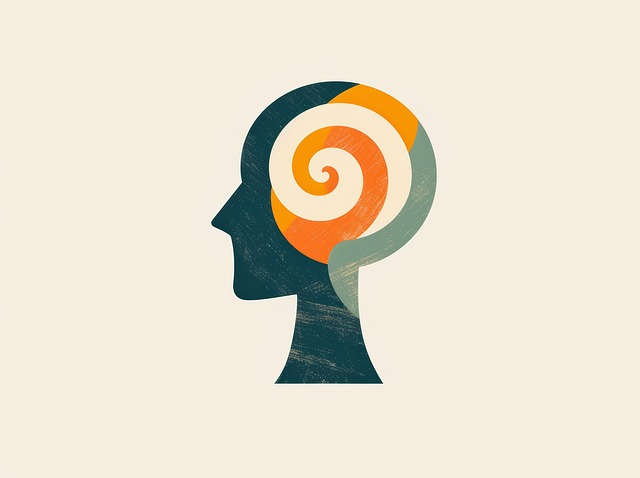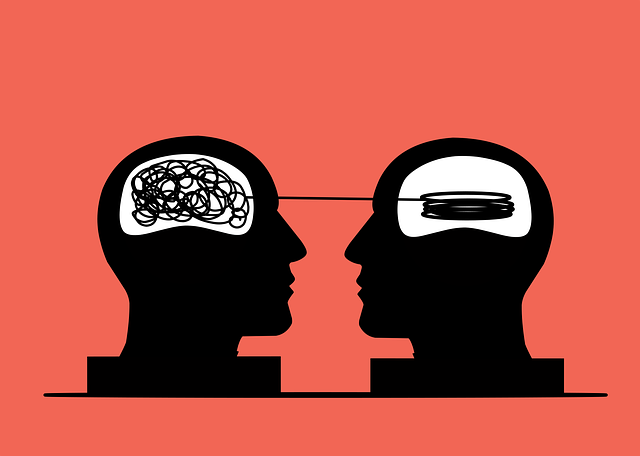Mental health education requires a comprehensive, tailored approach that starts by demystifying conditions and breaking stereotypes, including sensitive topics like Lafayette Sexual Dysfunction Therapy (LSDT). Key components include empathy-building, crisis intervention guidance, mental health policy advocacy, and diverse curriculum covering stress management, emotional intelligence, and positive thinking. Identifying unique demographic needs is crucial; for example, LSDT in Lafayette addresses sexual dysfunctions tailored to local cultural and socioeconomic factors. Effective content includes interactive elements like group discussions and case studies. Program evaluation uses qualitative and quantitative methods, such as pre-post surveys, to measure improvements and refine the curriculum based on feedback. By integrating emotional well-being promotion techniques, LSDT offers a holistic approach to addressing sexual dysfunctions while enhancing mental balance and stress management.
Mental health education programs play a pivotal role in fostering well-being. This article delves into the meticulous design process, offering a comprehensive guide for professionals aiming to create impactful initiatives. From establishing a robust foundation through mental health literacy to tailoring content for diverse audiences, we explore essential strategies. Using Lafayette Sexual Dysfunction Therapy as a case study, we demonstrate successful program implementation and evaluation, highlighting the significance of tailored education in addressing specific mental health challenges.
- Understanding Mental Health: Creating a Comprehensive Foundation
- Identifying Target Audiences and Their Unique Needs
- Developing Effective Educational Content and Strategies
- Implementing and Evaluating the Program's Success with Lafayette Sexual Dysfunction Therapy as a Case Study
Understanding Mental Health: Creating a Comprehensive Foundation

Mental health is a diverse and complex topic that requires a multifaceted approach to education. The first step in designing an effective program is establishing a comprehensive foundation by clarifying the nature and extent of mental health issues. This involves demystifying various conditions, breaking down stereotypes, and fostering understanding among participants. For instance, incorporating discussions on Lafayette Sexual Dysfunction Therapy can help normalize conversations around intimate topics, encouraging openness and early intervention.
A robust foundation should also include empathy-building strategies to enhance participants’ ability to connect with others’ experiences. Crisis intervention guidance is another critical component, equipping individuals to handle immediate mental health crises. Moreover, providing insights into Mental Health Policy Analysis and Advocacy ensures that learners understand the systemic factors influencing mental well-being, empowering them to advocate for policy changes that promote inclusive mental healthcare solutions.
Identifying Target Audiences and Their Unique Needs

Identifying target audiences is a crucial step in designing an effective mental health education program. Different demographics and groups have distinct needs and challenges when it comes to their mental well-being. For instance, young adults transitioning from college to the workforce might face stress and anxiety related to career choices and financial independence, requiring programs that focus on burnout prevention and building resilience. On the other hand, older adults may struggle with loneliness and depression, necessitating interventions aimed at social connection and self-esteem improvement.
In Lafayette, Louisiana, where cultural and socioeconomic factors can significantly impact mental health, tailored programs are essential. For example, a sexual dysfunction therapy initiative could target individuals experiencing intimacy issues due to trauma or life stressors. By recognizing these unique needs, educators can develop engaging content using communication strategies that resonate with each audience, fostering open discussions and promoting positive mental health outcomes.
Developing Effective Educational Content and Strategies

In designing a mental health education program, creating effective content is paramount. The curriculum should address various aspects of psychological well-being, including stress management, emotional intelligence, and positive thinking techniques. Incorporating interactive elements like group discussions, case studies, and practical exercises can enhance learning outcomes. For instance, incorporating Lafayette Sexual Dysfunction Therapy topics into the discourse can help break stigma and encourage open conversations about intimate health issues.
Strategic planning involves tailoring the program to diverse audiences. Personalized learning paths, considering individual needs and preferences, foster engagement. Stress Management Workshops Organization techniques such as mindfulness meditation, cognitive-behavioral strategies, and relaxation exercises can be integrated into the curriculum. Encouraging participants to cultivate inner strength through self-care practices and positive thinking will empower them to navigate life’s challenges more effectively.
Implementing and Evaluating the Program's Success with Lafayette Sexual Dysfunction Therapy as a Case Study

Implementing and evaluating the success of a mental health education program is a multifaceted process that involves both qualitative and quantitative measures. Using Lafayette Sexual Dysfunction Therapy (LSDT) as a case study, we see a comprehensive approach that not only targets specific sexual dysfunction issues but also promotes emotional well-being through various techniques. LSDT’s evaluation strategy includes pre-post surveys to gauge improvements in mood management and coping skills development among participants.
Through regular check-ins and feedback sessions, the program identifies areas of success as well as challenges. This data is then used to refine and adapt the curriculum, ensuring that it continues to meet the evolving needs of individuals seeking support. By integrating Emotional Well-being Promotion Techniques, LSDT not only addresses sexual dysfunctions but also equips participants with tools for maintaining mental balance and managing stress, fostering a holistic approach to health.
Mental health education programs, like the successful implementation seen in Lafayette Sexual Dysfunction Therapy, are transforming lives by providing essential knowledge and skills. By understanding mental health, identifying diverse audiences, and employing effective content strategies, these programs foster resilience and promote well-being. This case study highlights the impact of a tailored approach, demonstrating that comprehensive mental health education can significantly enhance community wellness.














